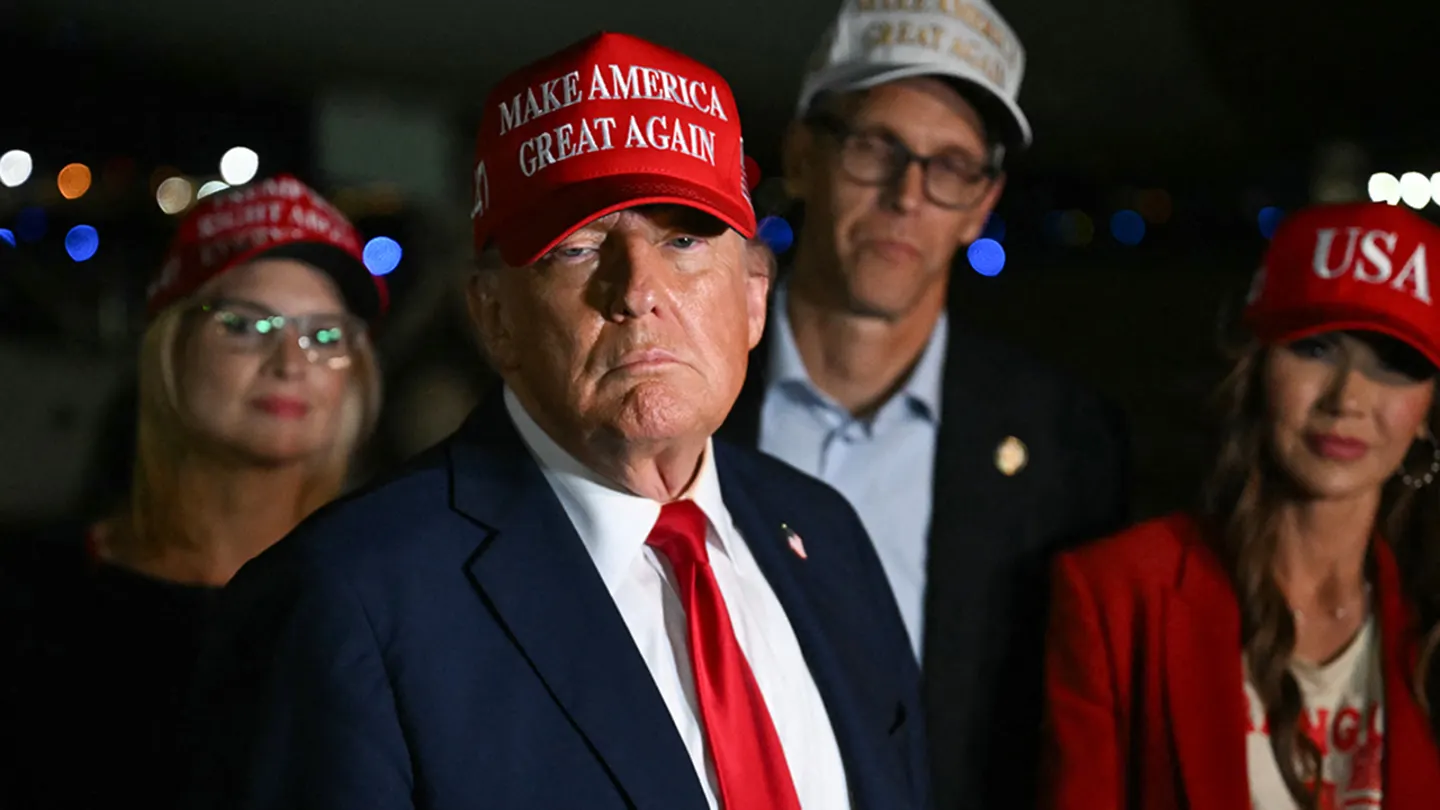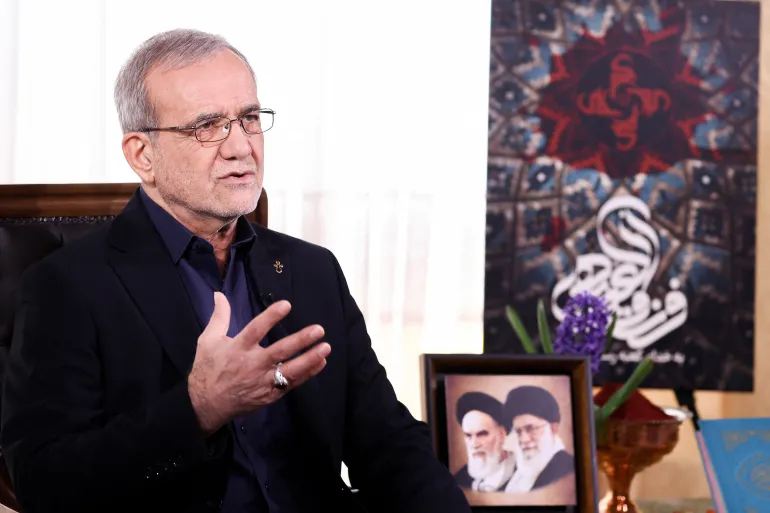The growing integration of artificial intelligence into business operations is reshaping workforce dynamics and prompting difficult questions about which employees are most at risk of being replaced, the New York Times reports.
Recent job cuts at Microsoft and remarks from Amazon CEO Andy Jassy—who forecast that AI will reduce his company’s workforce in coming years—have reignited the debate.
There is broad consensus among experts that white-collar workers will be affected by AI, but less agreement on who is most exposed: early-career employees or experienced professionals.
Some AI leaders, including Dario Amodei, CEO of Anthropic, believe entry-level workers are most at risk, given that their tasks tend to be repetitive and easier to automate. Amodei recently predicted that AI could replace half of all entry-level white-collar roles within five years.
Others, however, suggest that seasoned employees—particularly those with established routines and resistance to new technologies—could face greater disruption. Brad Lightcap, COO of OpenAI, recently argued that older, more tenured workers may be slower to adapt to AI tools, making them more vulnerable.
Data from payroll processor ADP shows a decline of 20–25% in employment for workers with less than two years of tenure in technology and customer service roles since peaking in 2023. In contrast, employment among longer-tenured employees in those sectors has held steady or increased.
However, studies also suggest that AI can enhance the value of experienced workers. For instance, a 2023 study observed that mid-level software developers used AI to amplify their productivity and help teammates, while junior developers mostly benefited from small efficiency gains.
Meanwhile, some companies are already adjusting their hiring strategies. Startups like 2389 Research are hiring junior employees who use AI to do mid-level work, with a small number of senior staff to supervise, effectively bypassing traditional middle-tier roles.
Some experts argue that AI’s ability to perform high-skill tasks—such as coding or drafting legal documents—can erode the value of experience. MIT economist Danielle Li notes that AI can effectively “detach” skills from the people who hold them, making rare expertise less essential.
In some industries, the shift is already evident. Law firms like the one operated by Robert Plotkin, a patent attorney, are using generative AI to reduce reliance on contract lawyers, including those with years of experience. Plotkin said his ability to draft applications with AI has significantly reduced the firm’s demand for outside legal support.
Large tech companies are also adjusting their workforce compositions. Microsoft, Meta, Amazon, and Google have all made layoffs that included experienced engineers and managers. Analysts say this reflects both cost-cutting pressures and a reevaluation of roles in the age of AI.
The evolving debate carries significant implications. If entry-level roles vanish, education and job training programs may need to be overhauled. If experienced roles disappear, governments and businesses will face challenges in managing mid-career unemployment and tax revenue losses.
David Furlonger of Gartner warns that cuts to managerial roles could reshape how organizations function.
“CEOs are implying in the data that we don’t need as many [managers] as we did previously,” he said.










The latest news in your social feeds
Subscribe to our social media platforms to stay tuned